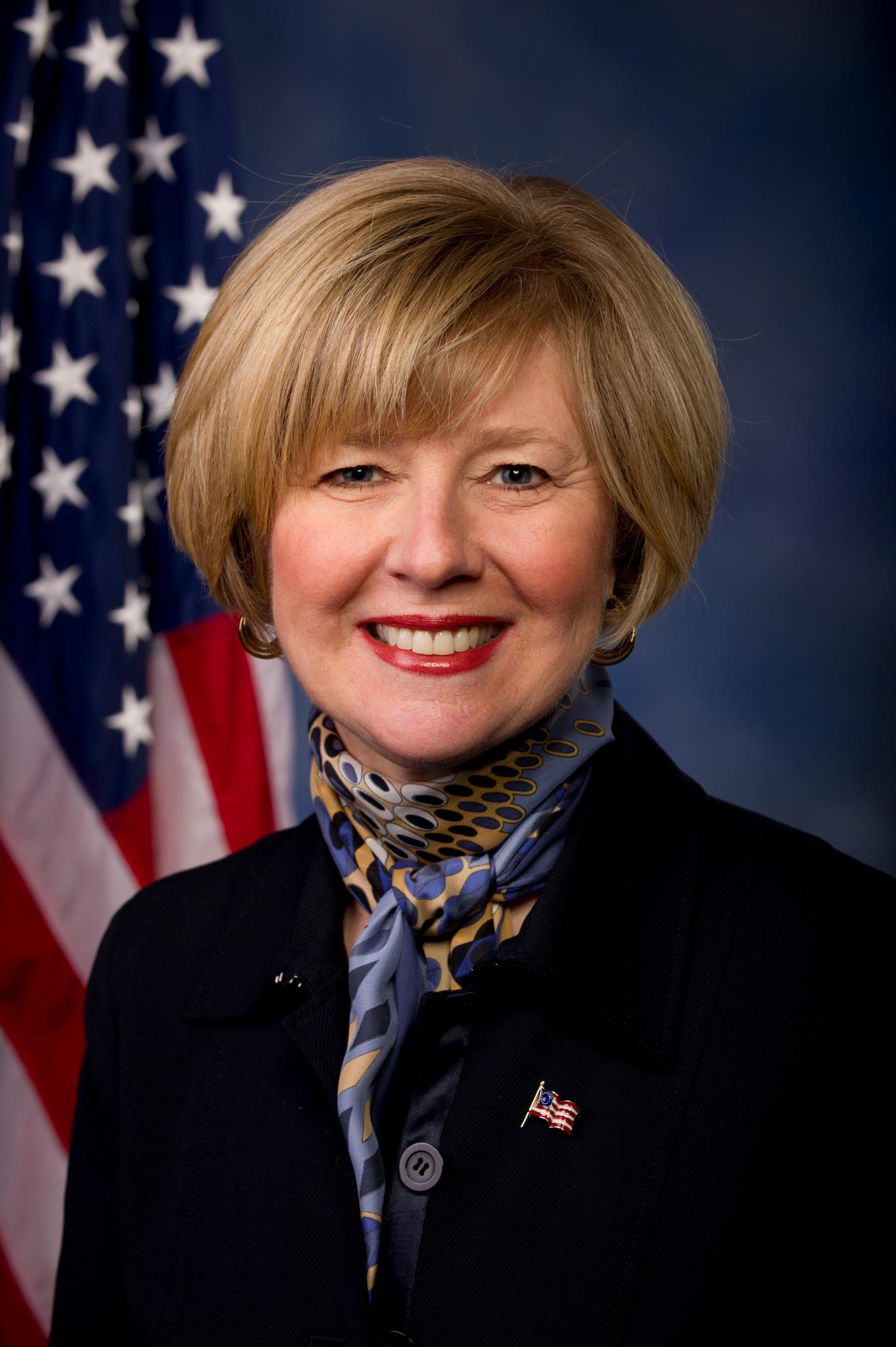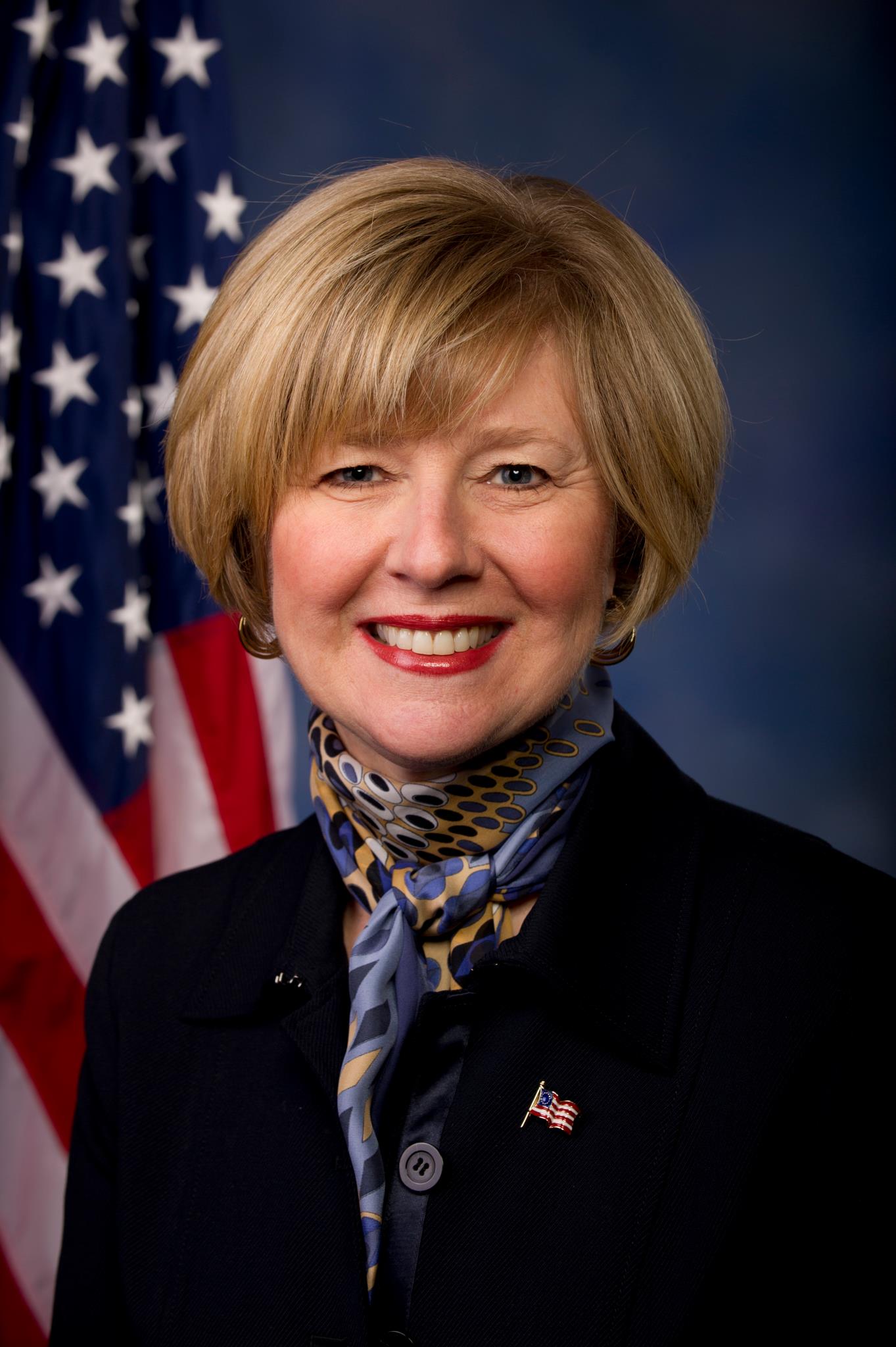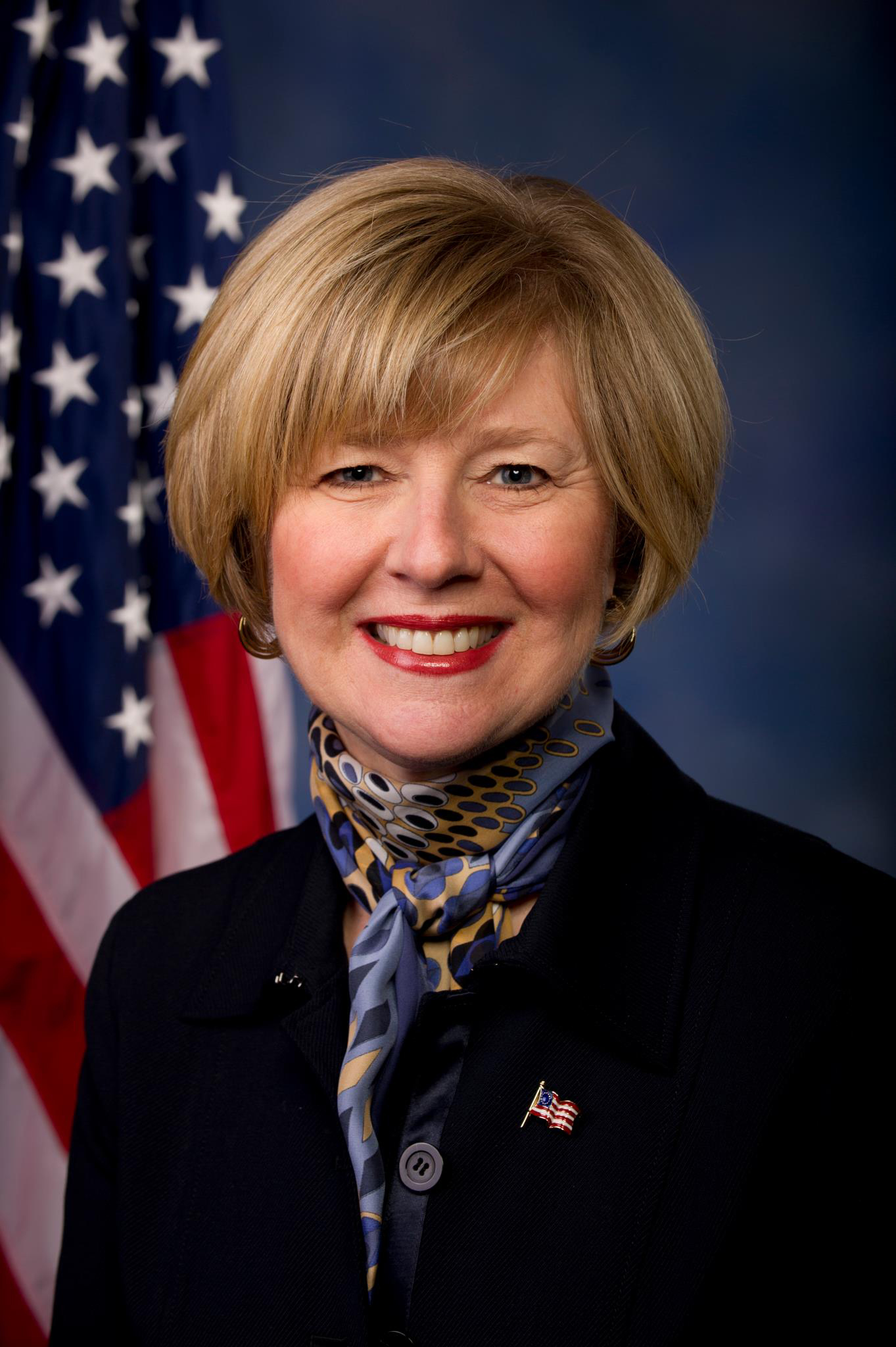Commentary by U.S. Rep. Susan Brooks
The word tragedy is overused in our society, but the word has perhaps never been applied more correctly than to describe what’s been uncovered at the U.S. Department of Veterans Affairs, also known as the VA.
In May, a preliminary investigation by the VA’s Inspector General found some officials in the department had falsified records about how long veterans had waited to receive health care. Specifically, the report found 1,700 veterans at a Phoenix, Ariz., hospital were kept on unofficial waiting lists in order to keep the publicly-reported wait times down. A similar list was kept at a hospital in Fort Collins, Colo., and problems with health care delivery at VA hospitals have been uncovered from Pennsylvania to South Carolina to Florida.
The VA has already admitted that at least 23 people have died as a result of failure to receive care.
I have long been concerned with the treatment of veterans seeking care within the VA system. My office opens more cases for frustrated veterans than we do for any other group of constituents. These individuals served our country bravely, yet they struggle to receive the benefits and services they’ve earned. My staff and I work hard to push our federal government’s bureaucracy to solve these issues as soon as possible. But the system must be changed and improved for veterans to truly get the care they need without having to contact their member of Congress to get results or attention.
In November of last year, I brought together local and state Veterans Service Organizations for a roundtable discussion focusing on VA health care as well as problems with veteran’s disability claims, employment and homelessness. Just this week, I visited Marion’s VA Medical Center, to learn more about the hospitals goals and challenges in providing the best care to patients. I learned firsthand of the antiquated scheduling system the Department continues to burden its local VA hospitals with. I also learned about the challenges many VA hospitals have in recruiting and retaining physicians. I appreciated the candor the Marion VA Medical Center’s leadership team displayed in our conversations and their dedication to continued improvement. I expect to engage in similarly productive discussions during my upcoming visit to the Roudebush VA Medical Center in Indianapolis.
I believe fixing the systemic problems within the VA requires new national leadership with proven health care delivery experience. That’s why I was pleased when former VA Secretary General Eric Shinseki tendered his resignation last month. The necessary culture shift at the VA must start at the highest levels. I was also proud to vote in favor of House Resolution 4031 – the Department of Veterans Affairs Management Accountability Act – legislation which will give the incoming VA Secretary new authority to remove or transfer failing senior executives. This bill passed the House with bipartisan support, by a margin of 390-33.
Right now, according to a VA internal audit released this month, 57,000 veterans nation-wide have waited 90 days or more for their first doctors’ visits. In addition, another 64,000 veterans who have requested initial appointments never were added to a waiting list. In Indiana there are 273 veterans who have waited more than 90 days and 230 veterans who have not been placed on official waiting lists. Even one veteran waiting is one too many. With so many veterans returning from recent military conflicts, this is a problem we must address now.
This is why the House also recently passed, by an overwhelming margin of 426-0, the Veterans Access to Care Act (House Resolution 4810). This bill requires the VA to offer veterans on waiting lists for more than 14 days, or those who live more than 40 miles from a VA facility, care at a non-VA provider at the VA’s expense. The House will continue to take its oversight role seriously and push for system-wide change at the VA. I hope the Senate will pass the House’s legislation quickly, so that our veterans can begin to receive the care they need.
The men and women on the VA waiting lists served our country selflessly and heroically. We owe it to them, and their families, to pursue comprehensive solutions for a deeply troubled system.
U.S. Rep. Susan Brooks represents the 5th District of Indiana in the U.S. House of Representatives. Please send comments to [email protected].





